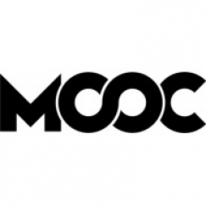A Roundtable (Part 1)
IN LITTLE MORE THAN A YEAR, discussion of the role of online learning in higher education has undergone a qualitative shift. With the launch of for-profit educational start-ups such as Coursera, Udacity, and the MIT and Harvard-founded nonprofit platform edX, Massive Open Online Courses (MOOCs) have moved from obscure experiment to major initiative. MOOCs are online classes, generally composed of short lectures, that allow for open, often free enrollments (thousands can easily enroll in a single course), assessing students through periodic quizzes and discussion forums. With astonishing rapidity, these systems have captured the imaginations of administrators, professors, trustees, and pundits, but not always in a positive way. If commentators are to be believed, MOOCs are likely to radically disrupt traditional curricular models, academic organizational structures, as well as accreditation schemes, threatening (or promising) to do nothing less than, in the words of Alan Jacobs, “unbundle” the university in much the same way that the internet has been systematically unbundling journalism.



 Your new post is loading...
Your new post is loading...







